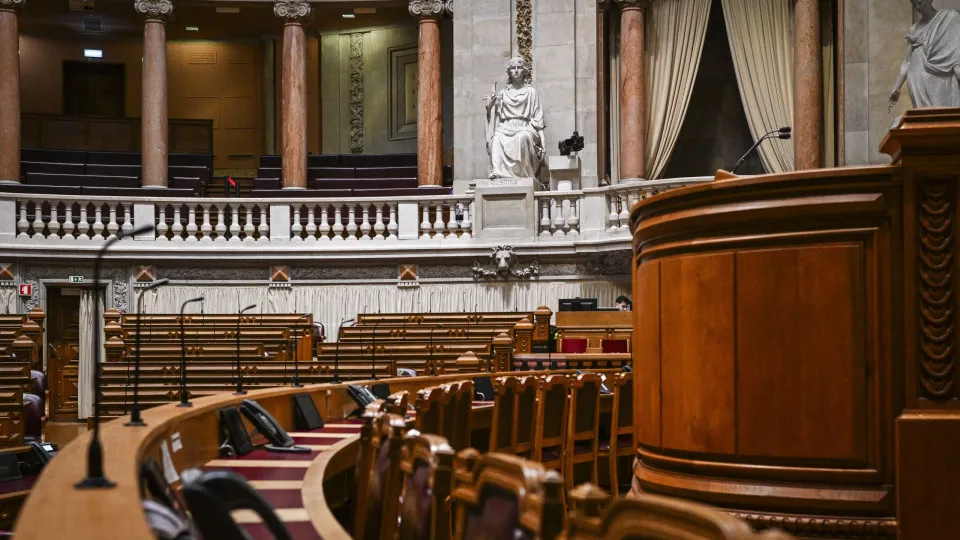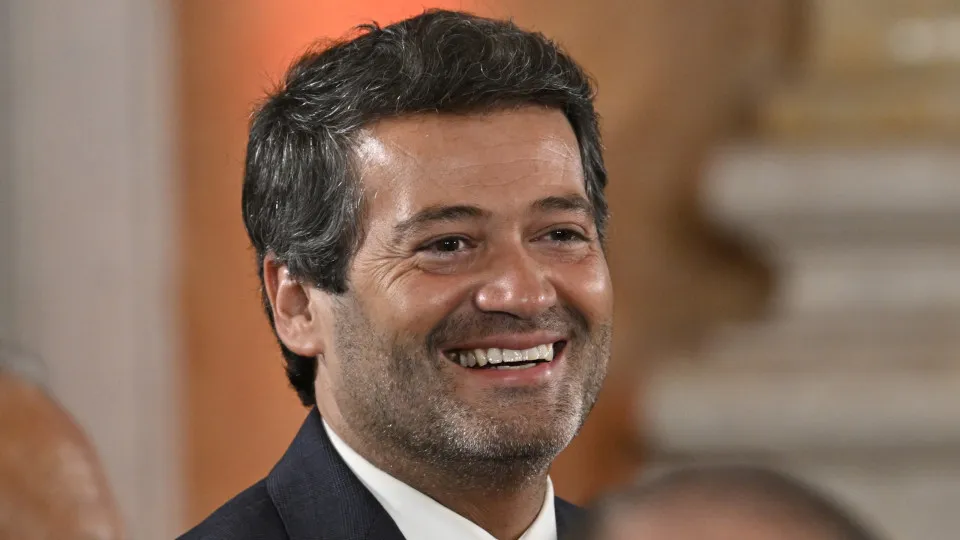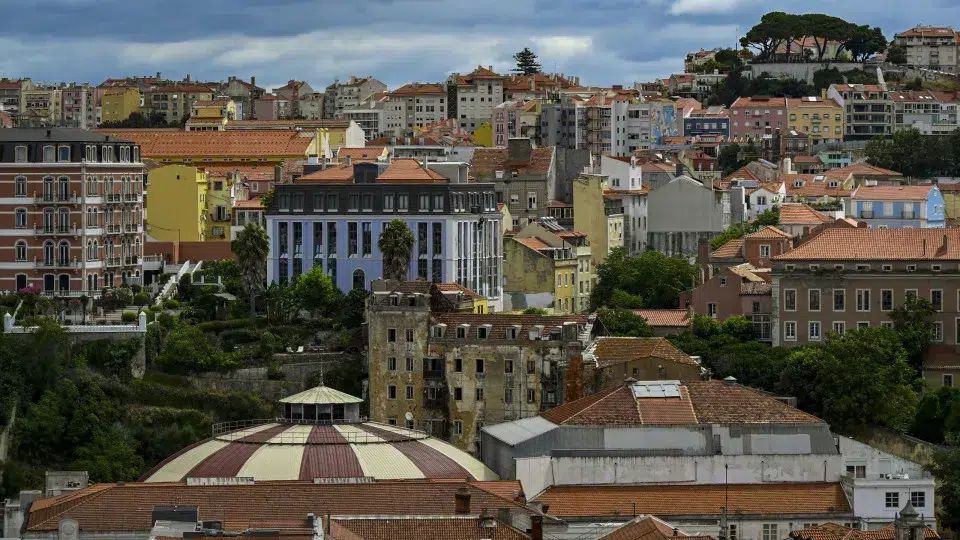
“The Assembly of the Republic welcomes the Government’s decision to recognize the State of Palestine,” states the BE’s vote, following the announcement by the Portuguese executive on the 21st, coinciding with similar actions by the United Kingdom, Australia, and Canada.
In another section, unanimously approved, the vote commends “efforts to end the war (in the Gaza Strip) and protect the victims.”
The BE’s initiative included two other points related to the humanitarian flotilla aimed at delivering food and medicine to Gaza, involving three Portuguese individuals—BE leader Mariana Mortágua, activist Miguel Duarte, and actress Sofia Aparício. These points were rejected with votes against from PSD and Chega, abstention from PS, and in favor of Livre and BE.
The BE proposed a greeting to “the decision of the Governments of Spain and Italy to send naval ships to accompany and protect the humanitarian flotilla,” as well as “the position” of various governments that “demanded protection” for the fleet.
“We will never agree on all aspects of the genocide in Palestine,” stated BE deputy Andreia Galvão, calling for “agreement on the essentials.”
Representing PSD, Olga Freire recalled that the government under Luís Montenegro is committed to providing consular and humanitarian protection to Portuguese citizens and is “in contact with Italian authorities” to ensure their security, emphasizing warnings about the dangers of this initiative.
Socialist deputy Catarina Louro reiterated support for recognizing the Palestinian State but considered that the flotilla points should have been in a separate vote.
From Chega, João Tilly criticized the recognition of “a state that does not exist” and characterized the Global Sumud Flotilla as “a circus, playful, useless, ridiculous activity.”
Chega’s deputies saw three initiatives regarding Palestine’s recognition rejected, including a resolution project requesting that Portugal not recognize Palestine “for now, as a sovereign state.”
PSD questioned Chega about maintaining the vote, given the recognition had already occurred, but the party insisted on a specific vote; the initiative was defeated with votes against from PSD, PS, and Livre, with only Chega in favor.
In the general vote this past July, the proposal had been approved with favorable votes from PSD, Chega, and CDS.
The committee also rejected two votes of condemnation from Chega, one related to France and another encompassing “United Kingdom, Great Britain, and Northern Ireland” for announcing the intention to recognize Palestine as a state.
João Tilly described such a decision as “a reward to the terror” of the Palestinian Islamic movement Hamas, which perpetrated an attack against Israel on October 7, 2023, resulting in about 1,200 deaths and 250 hostages, triggering the current Israeli offensive in the Gaza Strip.
Chega’s deputy insisted that “the Palestinian State does not exist,” stating that a state “requires territory, government, armed forces, and even law.”
PSD’s Paulo Neves warned of the need “for great care in qualifying legitimate and democratic parliaments and governments,” stating that this declaration “contradicts the position of the Portuguese government.”
Tilly declared there were “double standards” when “criticizing Donald Trump’s government every day,” adding, “If we can’t condemn anything, then we’re not here for anything.”
From Livre, Rui Tavares expressed being “perplexed” that “sovereignists express condemnation of a sovereign state.”
On recognizing the Palestinian State, Tavares argued that “the essential condition for a state’s existence is recognition by others.”




